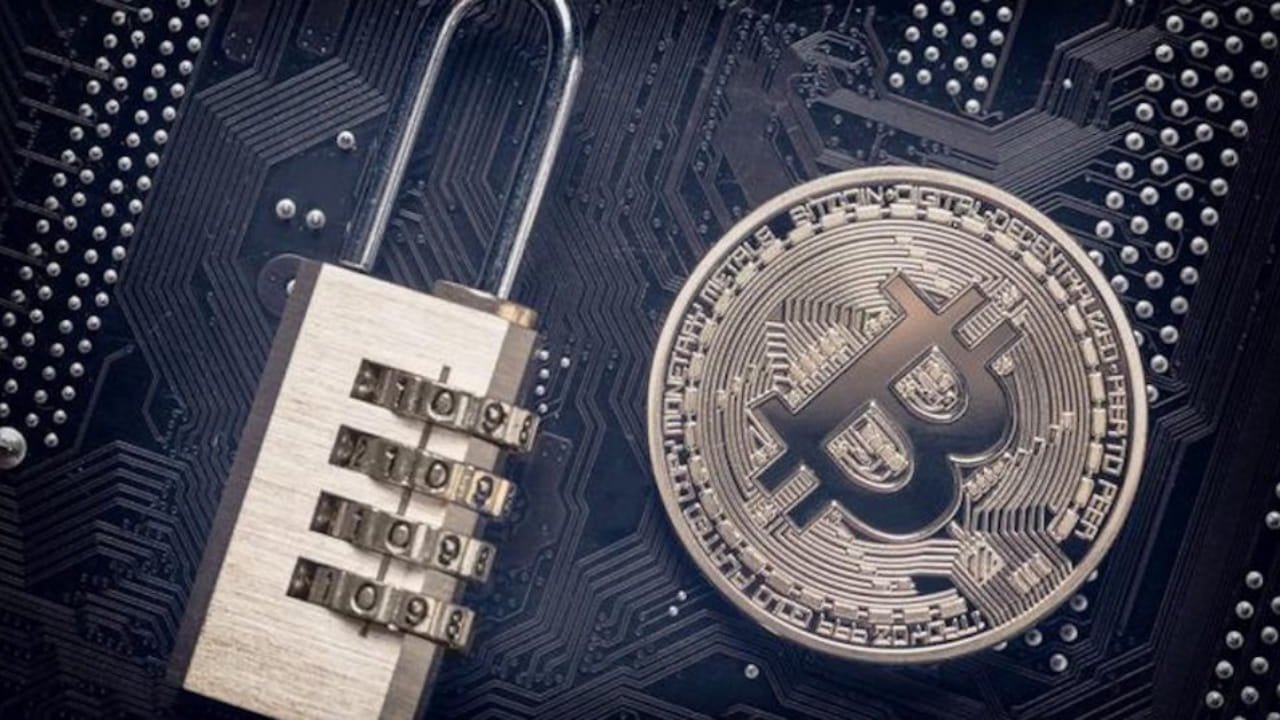This comprehensive guide will walk you through every step of investing in Bitcoin safely, from choosing reputable exchanges to implementing robust security measures. Whether you’re looking to make your first Bitcoin purchase or want to ensure your current investment strategy is secure, we’ll cover essential topics including wallet selection, dollar-cost averaging, and common mistakes to avoid. By the end of this article, you’ll have the knowledge and confidence to start your Bitcoin investment journey with peace of mind.
Bitcoin Before You Invest
Before diving into how to invest in Bitcoin safely in 2024, it’s crucial to understand what Bitcoin is. Bitcoin is a decentralized digital currency that operates on blockchain technology, allowing peer-to-peer transactions without intermediaries like banks. Created in 2009 by the pseudonymous Satoshi Nakamoto, Bitcoin has evolved from an experimental technology to a legitimate asset class recognized by major financial institutions.
The key characteristics that make Bitcoin unique include its limited supply of 21 million coins, its decentralized nature, and its potential as both a store of value and medium of exchange. However, Bitcoin’s price volatility means it carries inherent risks that traditional investments may not have.
How to Invest in Bitcoin Safely 2024: Step-by-Step Process
Choose a Reputable Bitcoin Exchange
The first step in learning how to invest in bitcoin safely is selecting a trustworthy cryptocurrency exchange. Not all platforms are created equal, and choosing the wrong one could put your funds at risk.
Top-rated exchanges for beginners include:
- Coinbase Pro (now Advanced Trade) – Known for regulatory compliance and user-friendly interface
- Kraken – Offers robust security features and competitive fees
- Gemini – Regulated exchange with strong institutional backing
- Binance.US – Low fees with extensive cryptocurrency options
When evaluating exchanges, consider factors such as regulatory compliance, security track record, fees, available payment methods, and customer support quality. Always verify that your chosen exchange is properly licensed in your jurisdiction.
Set Up Secure Account Verification
Once you’ve selected an exchange, proper account setup is essential for safe Bitcoin investing. This process typically involves:
Identity Verification Requirements:
- Government-issued photo ID
- Proof of address (utility bill or bank statement)
- Phone number verification
- Email confirmation
Enable all available security features during setup, including two-factor authentication (2FA) using apps like Google Authenticator or Authy. Avoid SMS-based 2FA when possible, as it’s more vulnerable to SIM swapping attacks.
Secure Bitcoin Storage Solutions
Hot Wallets vs. Cold Wallets
Understanding wallet types is fundamental to how to invest in Bitcoin safely in 2024. Bitcoin wallets fall into two main categories:

Hot Wallets (Internet-connected):
- Exchange wallets – Convenient but less secure
- Mobile wallets – Good for small amounts and frequent transactions
- Desktop wallets – More secure than mobile but still online
Cold Wallets (Offline storage):
- Hardware wallets – Physical devices like Ledger or Trezor
- Paper wallets – Private keys printed on paper
- Air-gapped computers – Dedicated offline devices
For significant Bitcoin investments, hardware wallets offer the best balance of security and usability. Popular options include the Ledger Nano X, Trezor Model T, and KeepKey.
Best Practices for Wallet Security
Implementing proper security measures is non-negotiable when learning how to invest in bitcoin safely:
- Never share your private keys – Your private keys are essentially your Bitcoin ownership proof
- Create secure backups – Store recovery phrases in multiple secure locations
- Use strong, unique passwords – Consider using a reputable password manager
- Keep software updated – Regular updates patch security vulnerabilities
- Test with small amounts first – Always verify wallet functionality before large transfers
Smart Investment Strategies for Bitcoin
Dollar-Cost Averaging (DCA)
Dollar-cost averaging is one of the safest approaches when considering how to invest in bitcoin safely in 2024. This strategy involves making regular, fixed-dollar purchases regardless of Bitcoin’s price, which helps reduce the impact of volatility over time.
Benefits of DCA include:
- Reduces timing risk
- Lowers average purchase price over time
- Removes emotional decision-making
- Works well for long-term investors
For example, instead of investing $1,200 at once, you might invest $100 monthly for 12 months, potentially achieving a better average price.
Portfolio Allocation and Risk Management
Financial experts generally recommend limiting cryptocurrency exposure to 5-10% of your total investment portfolio. This conservative approach allows you to benefit from Bitcoin’s growth potential while maintaining overall portfolio stability.
Consider your risk tolerance, investment timeline, and financial goals when determining your Bitcoin allocation. Never invest money you cannot afford to lose completely.
Common Mistakes to Avoid
Security Pitfalls
When learning how to invest in bitcoin safely, avoiding these common mistakes is crucial:
- Leaving funds on exchanges long-term – Only keep trading amounts on exchanges
- Using weak passwords – Implement strong, unique passwords for all accounts
- Falling for phishing scams – Always verify URLs and email addresses
- Sharing private information publicly – Never discuss your holdings on social media
- Not backing up wallets properly – Multiple secure backup locations are essential
Investment Errors
- FOMO buying during peaks – Emotional investing often leads to losses
- Panic selling during dips – Market volatility is normal for Bitcoin
- Not researching exchanges – Due diligence prevents costly mistakes
- Ignoring tax implications – Keep detailed records for tax reporting
Bitcoin Taxes and Regulations
Tax treatment of Bitcoin varies by jurisdiction, but most countries consider it a taxable asset. In the United States, Bitcoin is treated as property for tax purposes, meaning:

- Capital gains taxes apply to profitable sales
- Mining rewards are taxed as income
- Detailed record-keeping is required
- Professional tax advice is recommended
Suggested outbound link: For comprehensive tax guidance, consult the IRS’s official cryptocurrency tax guidance at irs.gov.
Suggested internal link anchor text: “Best cryptocurrency tax software for 2024” – Link to a related article about crypto tax tools.
Advanced Security Measures
Multi-Signature Wallets
For large Bitcoin holdings, multi-signature (multisig) wallets provide additional security by requiring multiple private keys to authorize transactions. This setup protects against single points of failure and is especially useful for business or family Bitcoin storage.
Estate Planning for Bitcoin
Consider how your Bitcoin assets will be handled in case of incapacity or death. This includes:
- Secure storage of recovery information
- Clear instructions for beneficiaries
- Legal documentation of digital assets
- Regular updates to estate plans
Conclusion
Learning how to invest in bitcoin safely in 2024 requires careful planning, proper security measures, and ongoing education. By following the strategies outlined in this guide—choosing reputable exchanges, implementing robust security practices, using dollar-cost averaging, and avoiding common mistakes—you can significantly reduce the risks associated with Bitcoin investing.
Remember that Bitcoin investing should be part of a diversified portfolio, and you should never invest more than you can afford to lose. As the cryptocurrency landscape continues evolving, staying informed about best practices and regulatory changes will help protect your investments.




















